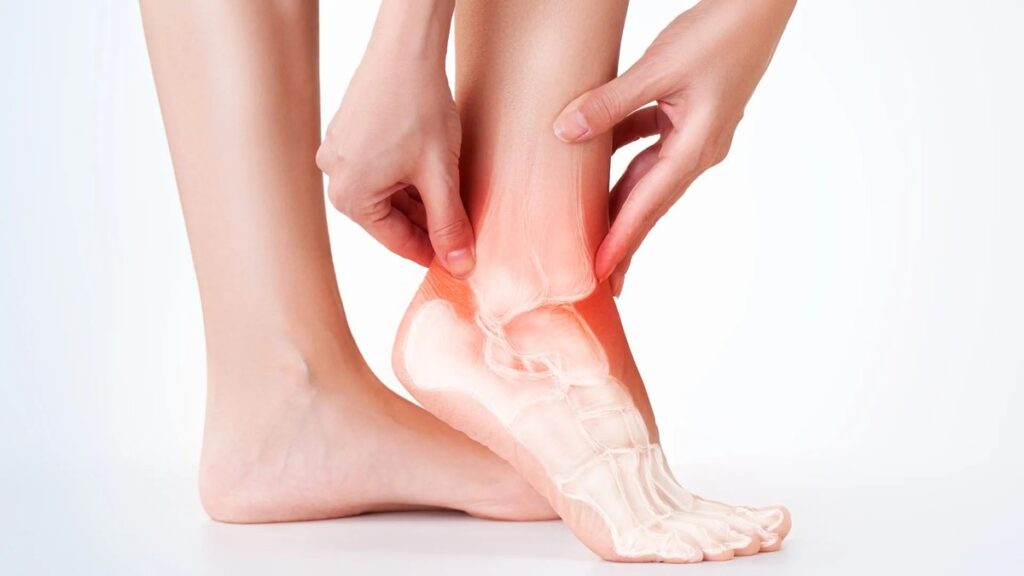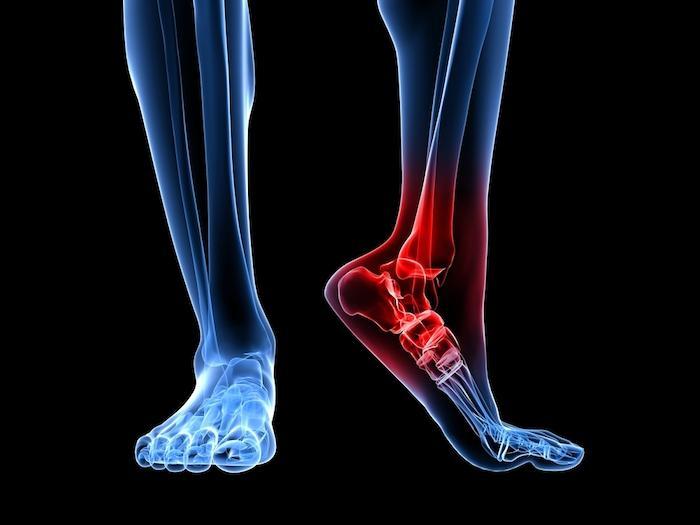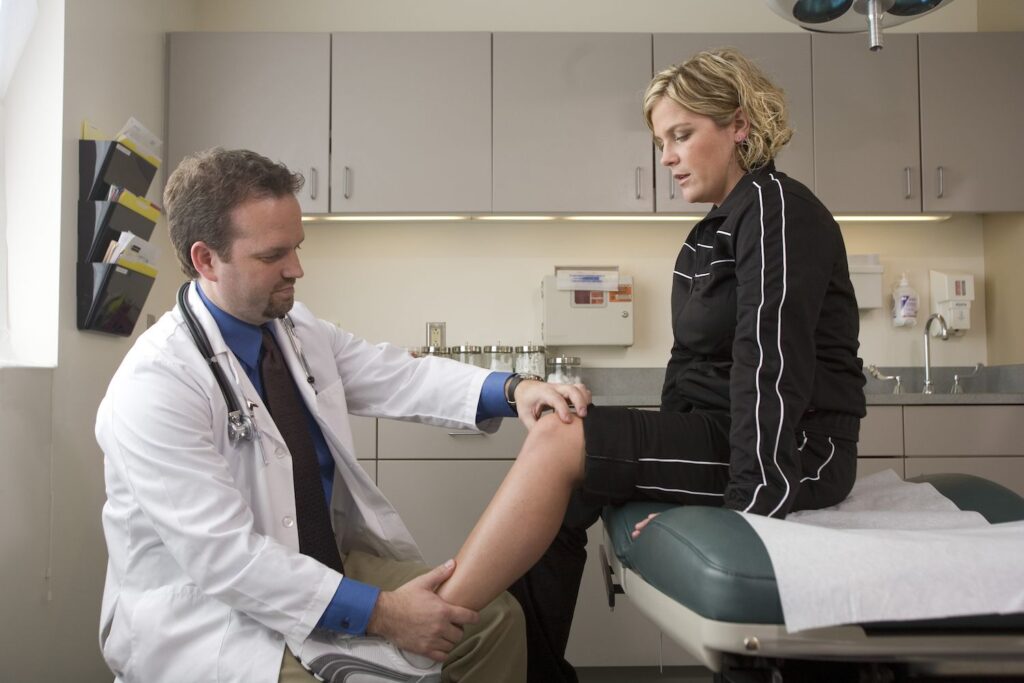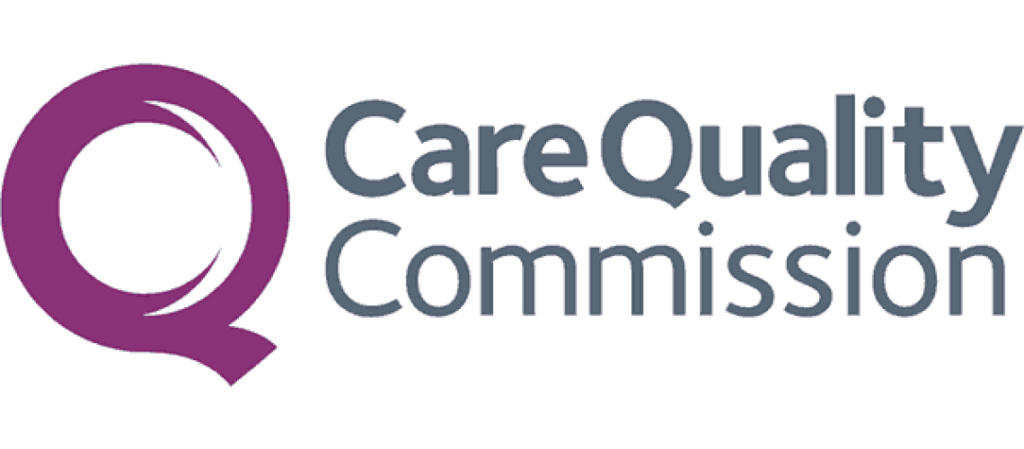Biological cartilage
This procedure involves the use of biological materials, such as stem cells or scaffolds, to restore cartilage and improve joint function.
At a glance
About
The goal is to repair or regenerate damaged cartilage and reduces pain, improves joint mobility.
Effective
Referrals
Not Needed
Booking
Instant-book option available
Cost
-
Lincolnshire £ 38,500
Nature of biological cartilage treatment
The nature of biological cartilage reconstruction and replacement lies in its regenerative approach. Instead of using artificial materials, this treatment uses biological methods, such as stem cells, cartilage cells, or natural grafts, to repair damaged cartilage.
Common Causes of Cartilage Damage
Biological cartilage reconstruction and replacement can be beneficial for joint issues arising from the following causes:
Osteoarthritis: This degenerative condition leads to the gradual breakdown of cartilage, causing pain, stiffness, and reduced joint mobility.
Sports injuries: Intense physical activity and trauma from sports can lead to cartilage damage, especially in high-impact sports like football, soccer, or running.
Trauma: Direct impact to the joint, such as falls, fractures, or accidents, can lead to cartilage damage, impairing joint function.
Aging: As we age, the body’s ability to regenerate cartilage diminishes, leading to more pronounced cartilage wear and tear, often resulting in pain and inflammation.
Repetitive stress: Activities that put prolonged pressure on a particular joint can contribute to cartilage breakdown over time, especially in individuals with physically demanding jobs or athletic careers.
Diagnosing suitability for biological cartilage
The diagnosis for suitability begins with a comprehensive evaluation of the patient’s medical history and symptoms. Diagnostic tools such as physical examinations, X-rays, MRIs, or CT scans help to assess the extent of cartilage damage and the condition of the joint. This information is crucial in determining if biological cartilage reconstruction and replacement is an appropriate solution.
Suitable for
Cartilage damage from injury

Sports injuries

Treatment overview
Biological cartilage reconstruction and replacement uses advanced biological and regenerative methods to repair or replace damaged cartilage. The procedure can be divided into the following:
- Autologous Chondrocyte Implantation (ACI): Involves taking healthy cartilage cells from the patient’s own body, culturing them in a laboratory, and then re-implanting them into the damaged area to regrow cartilage.
- Stem Cell Therapy: Stem cells are harvested from the patient’s own bone marrow or adipose tissue, then injected or implanted into the damaged joint. These stem cells have the potential to develop into cartilage cells and promote healing and regeneration.
- Osteochondral Allografts/Autografts: Healthy cartilage and bone tissue from a donor (allograft) or the patient’s own body (autograft) are transplanted to replace the damaged cartilage. This method provides immediate structural support and regeneration for large cartilage defects.

Benefits

Restores cartilage and joint function

Reduces pain and inflammation

Delays or eliminates the need for joint replacement

Stimulates natural tissue repair

Improves mobility and reduces stiffness
How to Pay
We offer a range of flexible payment options to make your treatment experience smooth and stress-free.
Paying for Yourself (Preferred Option)
Most patients choose to self-fund their treatment. We accept:
- Bank Transfers
- Credit/Debit Cards
- Cash (in person only)
Instalment Plans
We’ve partnered with GoCardless to offer interest-free instalment options. You can easily set up a Direct Debit to spread the cost of your treatment over time.
Finance Options
Looking for a financing plan? You can apply through Kandoo, our trusted finance partner.
- Instant online decision
- No impact on your credit score
- Multiple lenders for competitive rates
Private Medical Insurance (Limited Availability)
We work with a small number of approved insurance providers. However, due to restrictions from many insurers, not all treatments are covered. Please check with your insurer and speak to our team before booking to avoid disappointment.
The booking process
Online booking/call
Use our Calendly to book an initial consultation, or give us a call.
01
Consult
If you are a new patient, our doctors might arrange a consultation before treatment.
02
Treatment
You will be booked in for treatment.
03
Follow up
Our doctors might arrange a follow-up consultation, to check your response to treatment.
04
Discharge
Once your doctor is happy with your recovery, you will be discharged. After discharge, we are always here for further questions or support, should you need it.
05
Frequently Asked Questions
Is the procedure painful?
The procedure is done under anesthesia, so there is no pain during the surgery. Some discomfort or swelling may occur during the recovery period, but this can be managed with prescribed pain relief.
How long will the results last?
The results vary depending on the extent of cartilage damage and the type of treatment used. Many patients experience long-term benefits, and the treatment can delay or eliminate the need for joint replacement surgery.
Schedule A Discovery Call With Us
Don’t wait to find relief. Whether it’s a consultation, scan, or treatment, we’re ready to help.






